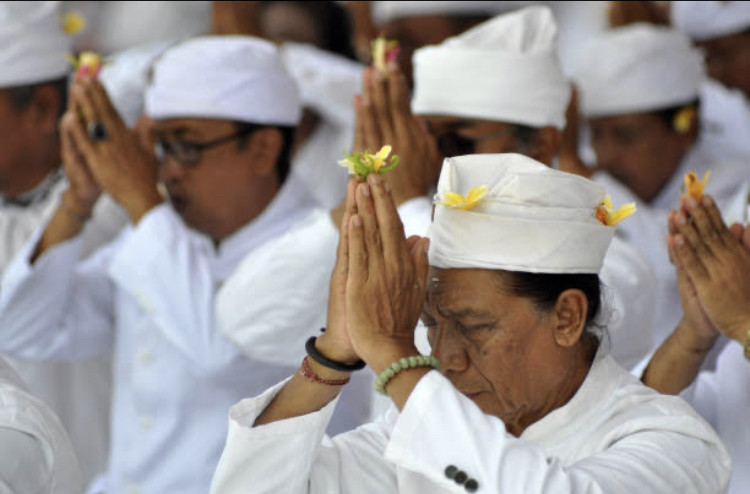
Ngaben: Bali Sacred Cremation Ritual & Celebration
Ngaben is one of the most important ceremonies in Balinese culture and probably the most significant in the life of a Hindu Balinese. It's a centuries-old tradition culminating in the cremation of the deceased body.
Ngaben translates as "turning to ash." The purpose of this extravagant and costly rite, also seen as a celebration, is to help the spirit transition into its future existence. The Ngaben processions are frequently vibrant and loud. According to the Balinese calendar, a priest selects the day for the ceremonial cremation.
Some families have to put money down over a lengthy period to afford the event since it is expensive. The ritual may take months or even years after the person's passing.

Even though it is commonly thought of as a standard cremation, the ngaben ceremony entails several additional procedures, beginning with calling forth the Atma or soul, mainly if the deceased passes away outside the home—possibly in an accident, a hospital, or another setting.
The Waddhu and the Lembu are two crucial components of Ngaben. The Waddhu often referred to as the Bade, is a multi-story ceremonial tower built of bamboo, wood, and paper. The more layers the Waddhu has, the more significant the deceased person is.

These structures are sometimes brilliantly colored and decorated with fascinating motifs. To deter the spirit from staying, they are carried throughout the funeral procession and circled several times. The coffin housing the deceased is referred to as the Lembu, an ox. The coffin is frequently fashioned to resemble an ox or other animal. Along with the Waddhu, it will also be burnt and carried throughout the procession.
However, Balinese society's higher echelons and royalty do not use Ngaben. Pelebon, or funerals for the upper class, are much more opulent and lavish. The Waddhu will be constructed over many hours by skilled craftsmen and have nine levels to represent their high position before being consumed by flames.
The relatives of the deceased individual may also hire a Gamelan in addition to the symbolic tower and unique casket. The term "gamelan" refers to an orchestra of percussion instruments that are frequently employed in religious rites. "gamelan" is a Javanese word that means "strike with a hammer." The gamelan will escort the burial procession, adding to the boisterous festival mood.
A priest will start the fire to burn the Lembu and the Waddhu once the procession arrives at the cremation site. Often, families use this time to witness the cremation while they may do so in peace. They will then enjoy food and beverages after that.
The cremation's remains will be dispersed in the ocean. The family of the deceased individual will construct, burn, and spread their ashes into the sea in the 12 days after the Ngaben. The lengthy, complex process of honoring death and announcing new birth ends at that point.



